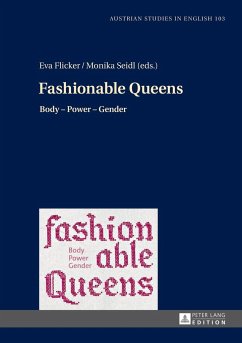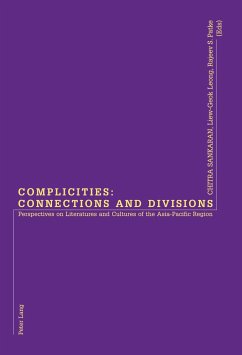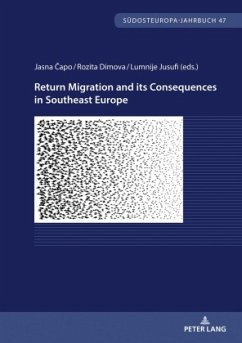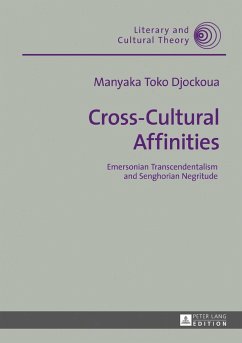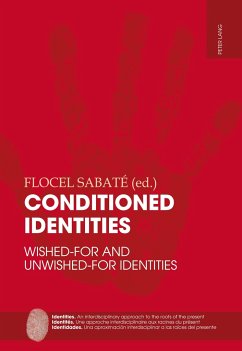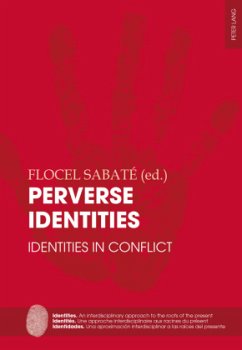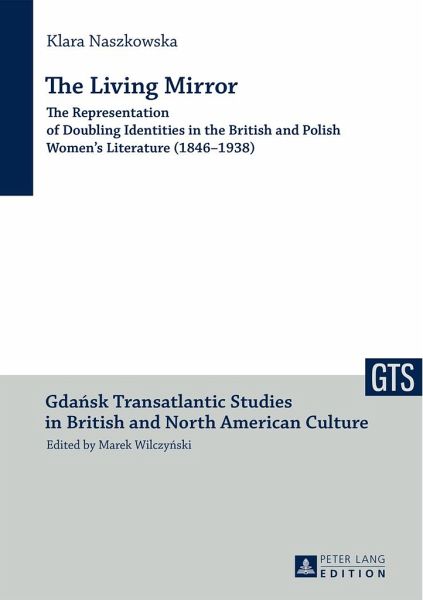
The Living Mirror
The Representation of Doubling Identities in the British and Polish Women's Literature (1846-1938)
Versandkostenfrei!
Versandfertig in 6-10 Tagen
67,75 €
inkl. MwSt.

PAYBACK Punkte
0 °P sammeln!
This book identifies a corpus of British and Polish texts that share correspondences with reference to the themes of feminine doubling, the difficulty of asserting feminine subjectivity, sexual mother-figures and symbolic father-figures. It draws on the Freudo-Lacanian psychoanalysis and the French feminist uses of it known as écriture féminine - the theories of Luce Irigaray and Hélène Cixous. It also introduces the theories of the forgotten Russian-Jewish psychoanalyst, Sabina Spielrein. The first part of the book takes account of specifics of Polish culture and history that made women w...
This book identifies a corpus of British and Polish texts that share correspondences with reference to the themes of feminine doubling, the difficulty of asserting feminine subjectivity, sexual mother-figures and symbolic father-figures. It draws on the Freudo-Lacanian psychoanalysis and the French feminist uses of it known as écriture féminine - the theories of Luce Irigaray and Hélène Cixous. It also introduces the theories of the forgotten Russian-Jewish psychoanalyst, Sabina Spielrein. The first part of the book takes account of specifics of Polish culture and history that made women writers marginalised within this context. In the second part, it closely and comparatively examines the selected British and Polish texts, while giving voice to the unknown, stereotyped, or forgotten Polish works. The innovative features of the book include its comparative character and the implementation of various psychoanalytical approaches to the Polish texts.



